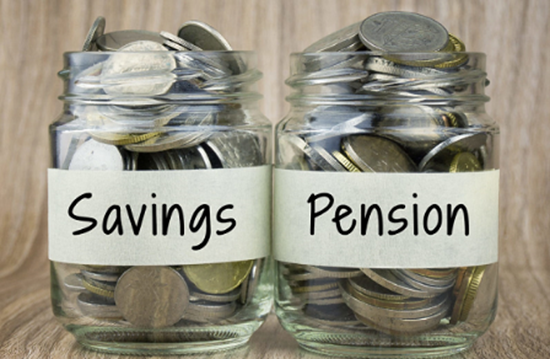Two-pot retirement system
The first phase is expected to take effect on 1 March 2024 with the aim being to enable pre-retirement access to a portion of an individual’s retirement assets, while preserving the remainder for retirement.
Retirement fund contributions will remain deductible up to R350,000 per year (or 27.5% of taxable income per year) whichever is lower.


Permissible withdrawals from funds accrued before 1 March 2024 will be taxed according to the lump sum tables.
Withdrawals from the “savings pot” before retirement will be taxed at marginal tax rates. On retirement, any remaining amounts in the savings pot will be taxed according to the retirement lump sum table (for example, R550,000 is a tax-free lump sum on retirement).
Four areas required additional work: a proposal for seed capital, legislative mechanisms to include defined benefit funds in an equitable manner, legacy retirement annuity funds (to be addressed by upcoming draft legislation), and withdrawals from the retirement portion if one is retrenched and has no alternative source of income (which will be reviewed as a second phase of implementation).
